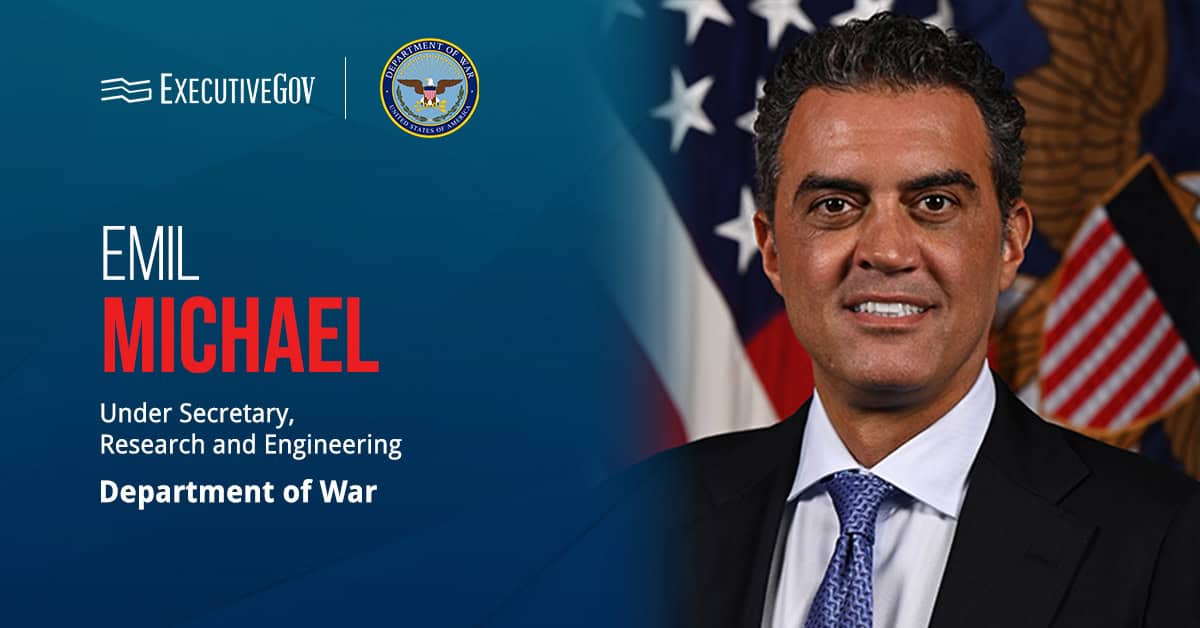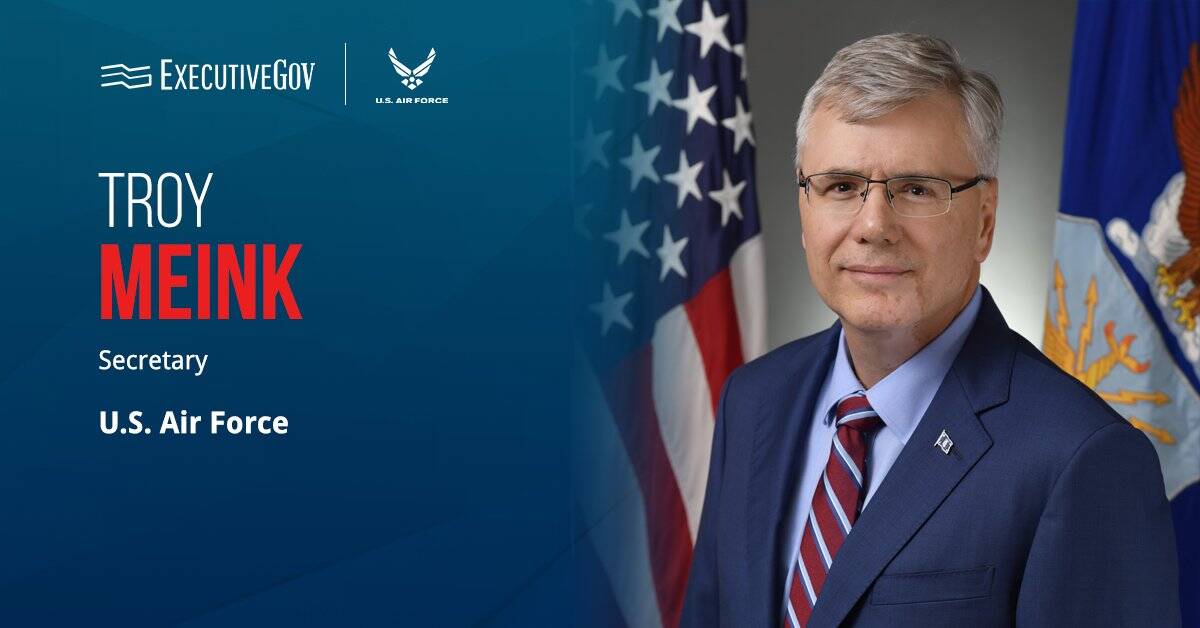 The Office of the Director of National Intelligence, Department of Justice, FBI and Department of Homeland Security recently issued a joint statement expressing concern over the threat posed by foreign actors attempting to influence U.S. elections.
The Office of the Director of National Intelligence, Department of Justice, FBI and Department of Homeland Security recently issued a joint statement expressing concern over the threat posed by foreign actors attempting to influence U.S. elections.In a press release dated Oct. 19, the four intelligence community members specifically identified China, Iran and Russia as being involved in campaigns that seek “to undermine confidence in democratic institutions and influence public sentiment and government policies†as well as “influence voter perceptions and decision making in the 2018 and 2020 U.S. elections.â€
The joint statement assured the public, however, that authorities are constantly monitoring for and combating threats to the electoral process, and that improved information sharing between federal, state and local partners has made such efforts more effective.





